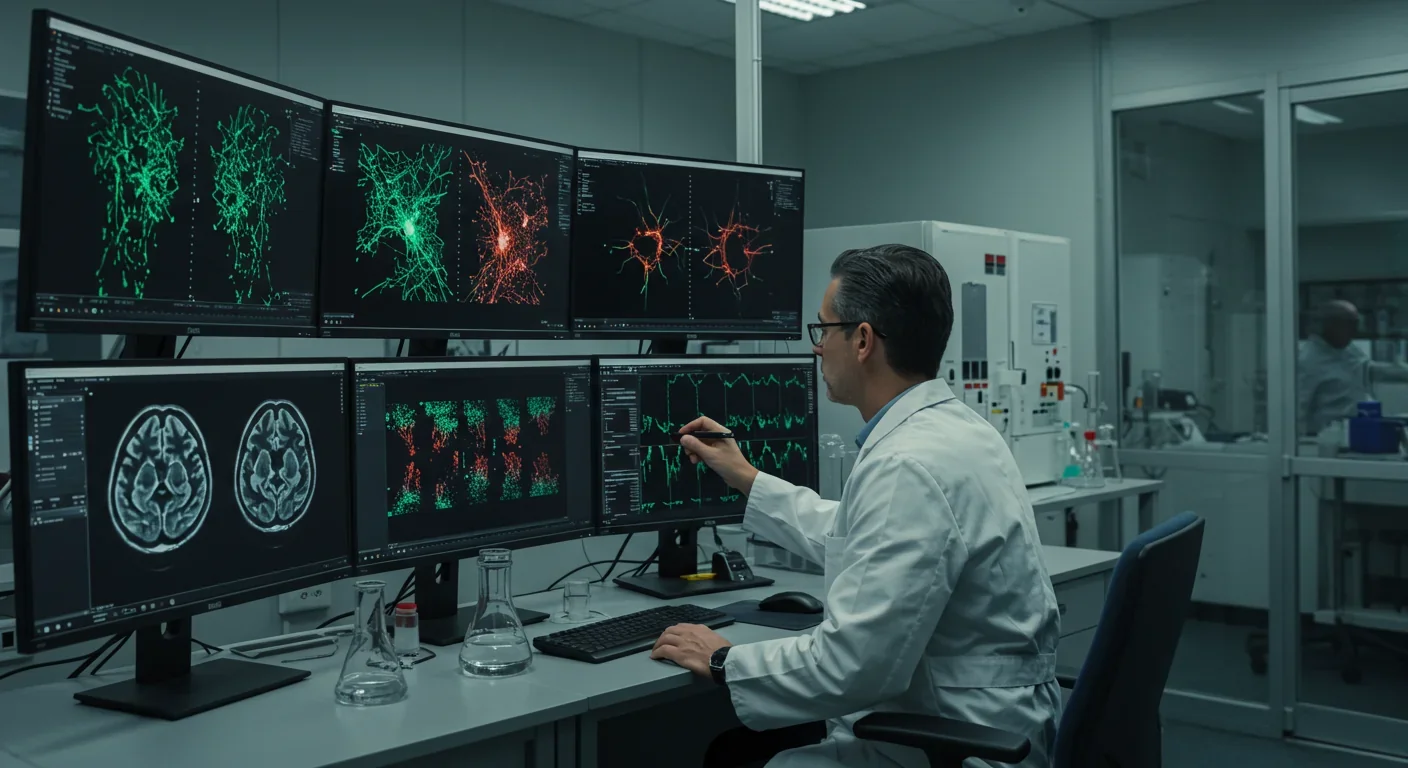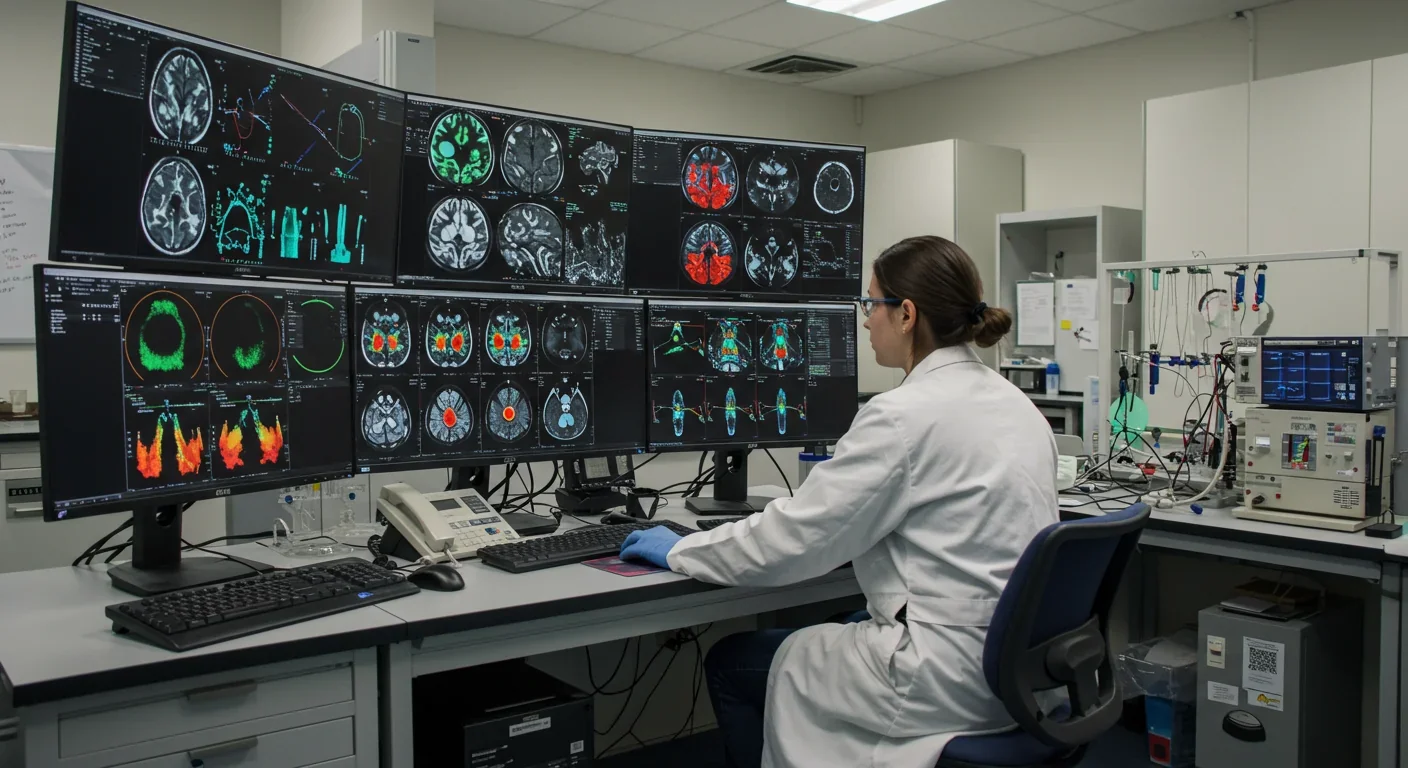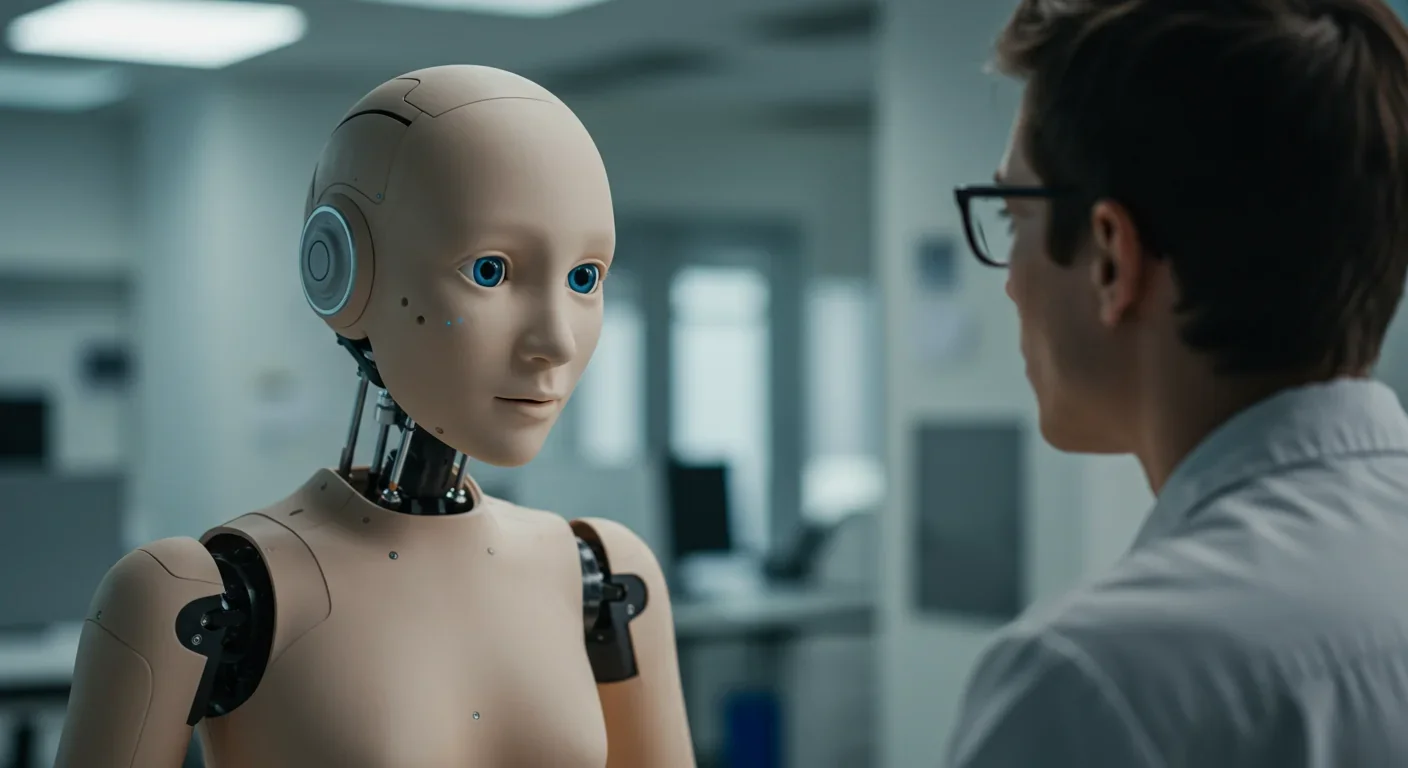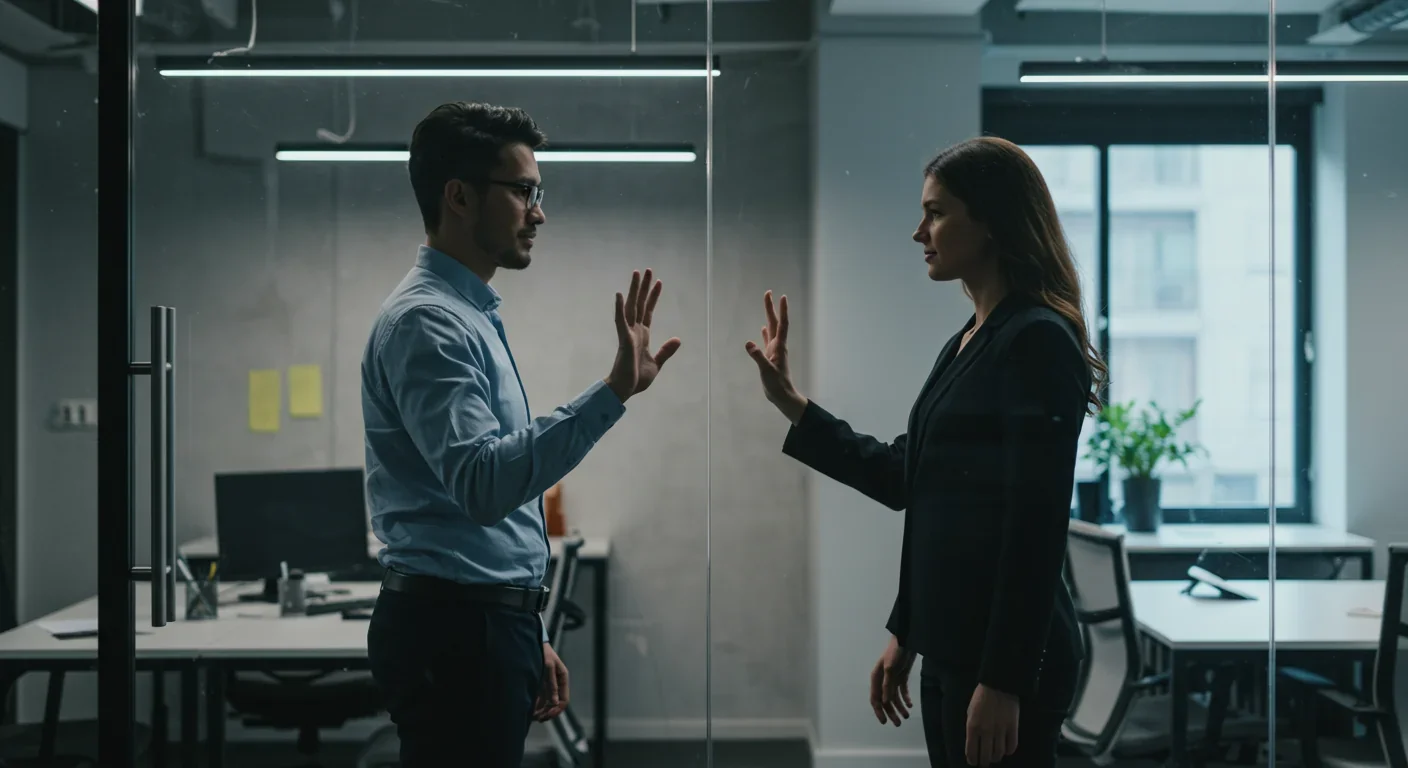Why Consciousness Still Baffles Science - and What It Means
Despite mapping brains and building AI, science still can't explain why we have subjective experiences - the hard problem of consciousness. This gap between neural activity and felt experience shapes everything from medical ethics to AI rights.







